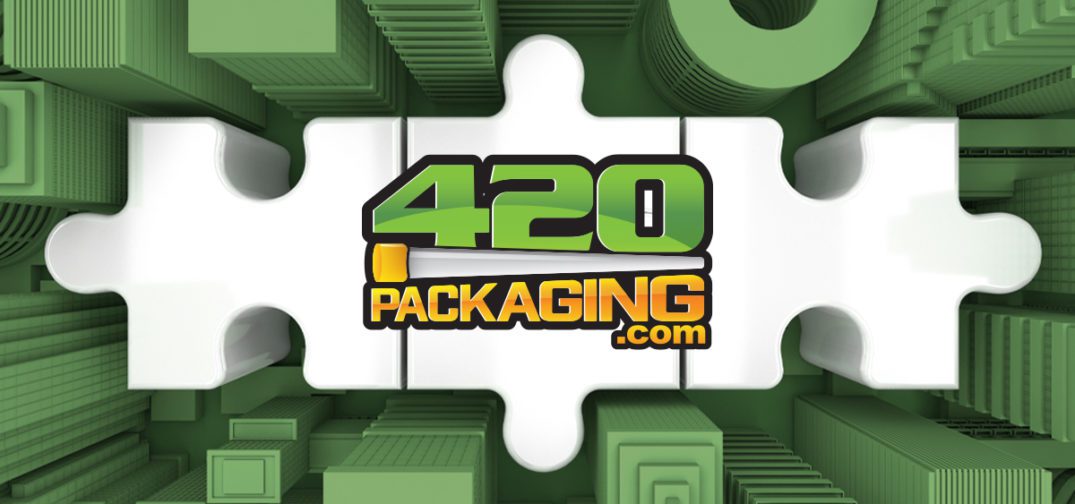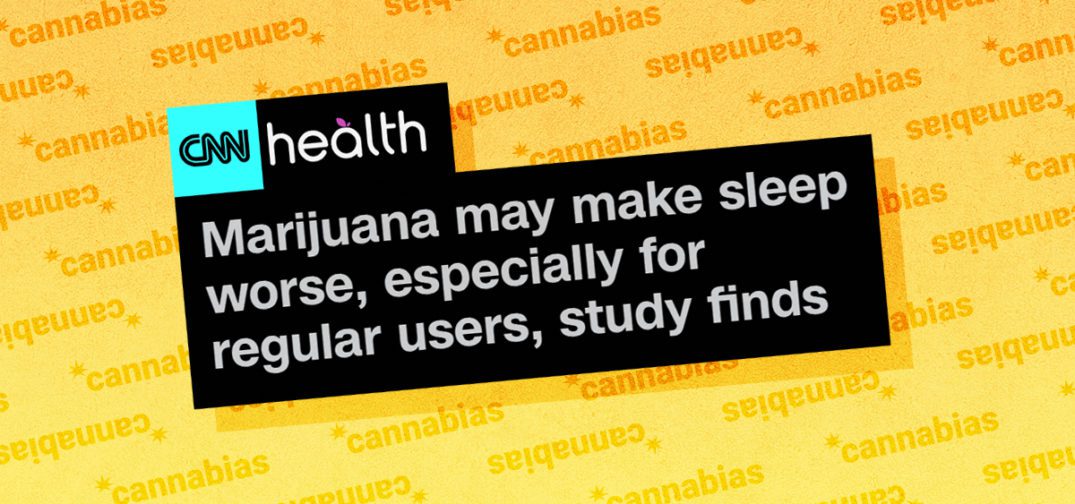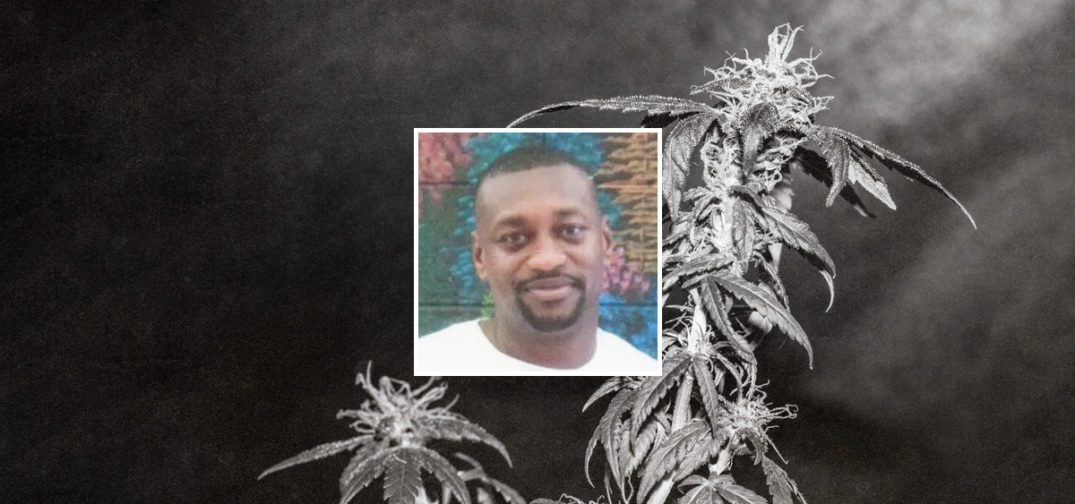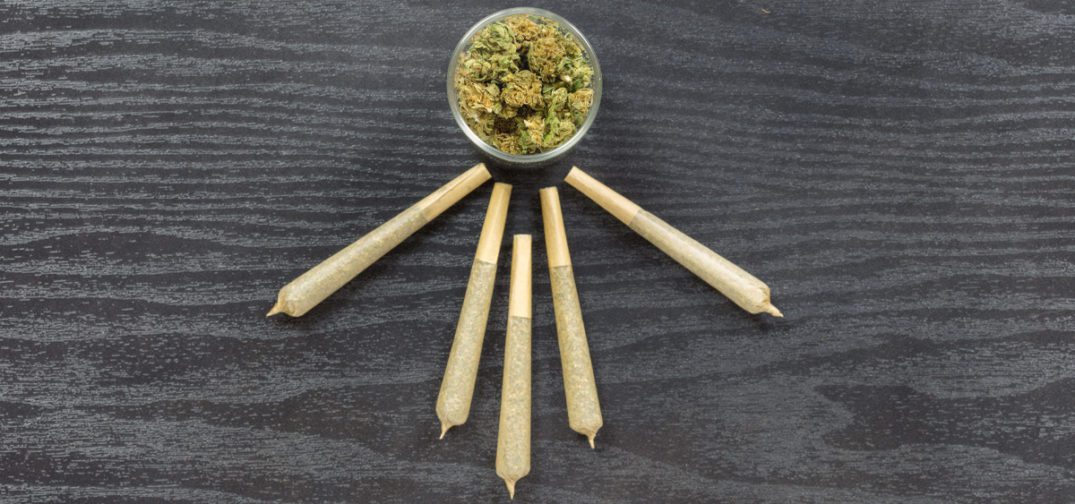Marijuana Matters is a Washington D.C.-based social enterprise organization dedicated to social equity through a three-pillar mission encompassing cannabis Education, Advocacy, and Entrepreneurship. Khadijah Tribble founded the organization in 2020 to model equity in cannabis regulations at the local, state, and federal levels — today, Executive Director Courtney Davis is carrying out this mission. Courtney recently spoke with Ganjapreneur about current initiatives, her personal goals as Marijuana Matters’ Executive Director, and what to expect from the organization in the coming year.
Before joining Marijuana Matters, Courtney spent a decade as a staffer for the U.S. Senate — her last position was for U.S. Senator Michael Bennet (D-CO). But when she started to grow frustrated with the work on that side of policymaking, Courtney decided she wanted to make more tangible changes. Her experience in agriculture and involvement in the 2014 Farm Bill had sparked her cannabis curiosity and today she is directing programs and initiatives to elevate the three pillars of their mission. In 2022, she is especially focused on bringing their work to the South. “When you think about the demographics of these states, there are a lot of Black and Brown folks who have been criminalized by this plant,” Courtney said, “and essentially these are the folks that we really want to target to help to be a part of this industry or at least to benefit from the legalization of something that has harmed so many communities.”
Education
While approximately 55% of Black Americans live in the South (according to the 2010 census), the region has so far largely failed to consider social equity concerns in its conversations around cannabis reform. In an attempt to activate further advocacy in the South, the team wants to engage with members of the Black community who aren’t yet comfortable speaking about or using cannabis medicine. Historically, the Southern Black faith community has been essential in civil rights movements, so Marijuana Matters wants to destigmatize cannabis within the church community and believes that, eventually, these powerful groups will see social equity as a civil rights issue.
“Black churches in particular have always been a part of civil rights issues, and we would consider legalization and decriminalization of cannabis in this country as a civil rights issue. One of the goals I have is to figure out ways to activate the faith community around this issue,” said Courtney.
At Black CannaCon in New Orleans, the organization hosted a panel with two pastors and one of the few licensed cultivators in Louisiana. The number of people who engaged with the panel showed Courtney how many people of faith are interested in participating in the regulated cannabis industry. Their questions centered around how to have progressive conversations about cannabis with loved ones and faith leaders who aren’t comfortable with, or are downright against, cannabis as medicine. The team would like to host these conversations around the country in the coming years. Courtney hopes this work will one day lead to a world where churches host expungement clinics and directly engage with the issue of social equity.
For cannabis businesses looking for how to create an equitable industry, Marijuana Matters offers the social equity toolkit for operators. The toolkit is easily downloaded and can inspire different ways of thinking about social equity. Rather than putting all of the focus on licensing, for example, they’d like people to expand their thinking about the ecosystem of social equity. If businesses are looking for a personalized approach to social equity or a diversity equity and inclusion program (DEI), the organization offers consulting services alongside the toolkit. They provide training for all private businesses, whether they’re looking for specific assistance in DEI or a lesson on the basic history and impact of the drug war.
The Green Light Blog and podcast, written and produced by freelance writer Dianna K. Benjamin, are the final prong of the organization’s education pillar. The blog covers a swath of topics like inspiration for Black cannabis entrepreneurs, an FAQ on how to be an ally for social equity in cannabis, and how environmental justice is an equity issue. Content is a big part of their education pillar and harkens back to their strategy of developing an ecosystem around social equity.
“It’s nice when you are working for an organization like this because we really get to come up with all this content on our own,” said Courtney. “And these are through relationships that we’ve had and making sure that we’re centering these conversations on folks that have lived this and have been disenfranchised by the plant. That’s the lens that we’re coming from for everything that we produce.”
In the coming year, the blog will explore various types of relationships people have with the cannabis plant. They will also revisit conversations with faculty members at HBCU FAMU’s Medical Marijuana Education and Research Initiative, to educate future graduates on cannabis opportunities and expand the pipeline for people of color entering the industry.
Advocacy
Marijuana Matters’ advocacy efforts run alongside its educational initiatives; the group regularly informs and suggests regulatory guidelines for building social equity into the framework of the industry. They are working in D.C. to advance the appropriations bill that legalized and decriminalized cannabis but didn’t build a framework for legal sales. The most important goal there is for Congress to remove a rider from Washington D.C.’s legalization initiative that has so far blocked licensed operations in the District. In preparation, they’ve provided many recommendations to policymakers.
They’re also doing a lot of advocacy work in Virginia, which legalized cannabis through the legislature shortly before Republicans won back the majority in the House of Delegates and Republican Glenn Youngkin beat out Democrat incumbent Terry McAuliffe in the race for governor. The new Republican majority is a threat to social equity in the state. Sen. Thomas Norment Jr. has already introduced Senate Bill 107, which seeks to remove the state’s social equity measures. SB 107 would remove the line from the adult-use legalization law that reserves 30% of cannabis taxes to be reinvested into communities harmed by the drug war. While they fight to preserve this policy, they are building a community in Louisiana and Georgia by raising awareness, educating, and destigmatizing cannabis use. “Part of this is really removing the stigma so that folks can have a better understanding of the health benefits that are available,” Courtney said.
Entrepreneurship
In keeping with Marijuana Matters’ final pillar of operation, Entrepreneurship, the group graduated its inaugural class of the Minorities in Cannabis (MIC) Fund Bootcamp in 2021, which seeks to help Black entrepreneurs build successful cannabis ventures.The five bootcampers tuned in from all over the country to learn from experts through general training and individualized planning. This bootcamp helps entrepreneurs at any stage, whether they’re just starting their business or are already selling products.
“There are a lot of bootcamp and incubator-type programs out there. I would say that this is more of a family-style relationship,” said Courtney. “We are smaller, we have more individualized help, and we are always looking to increase the reach of our network. Everyone who comes through our program — we are hoping that we can continue to help them however they need to be helped.” In one example, the organization was able to partially fund access to a commercial kitchen for a bootcamper who was already operating their CBD business.
This is the work that drives Marijuana Matters. Education can change minds, advocacy can change the landscape, and entrepreneurship can shape the industry —this is the social equity ecosystem.
As a newer organization, support from industry insiders and enthusiasts is invaluable. Marijuana Matters accepts donations and sells merch to drive funding. People who can offer pro-bono services or lead a discussion for an MIC bootcamp are also welcome to reach out. Lastly, the group encourages everyone to follow and engage with their content on social media.























